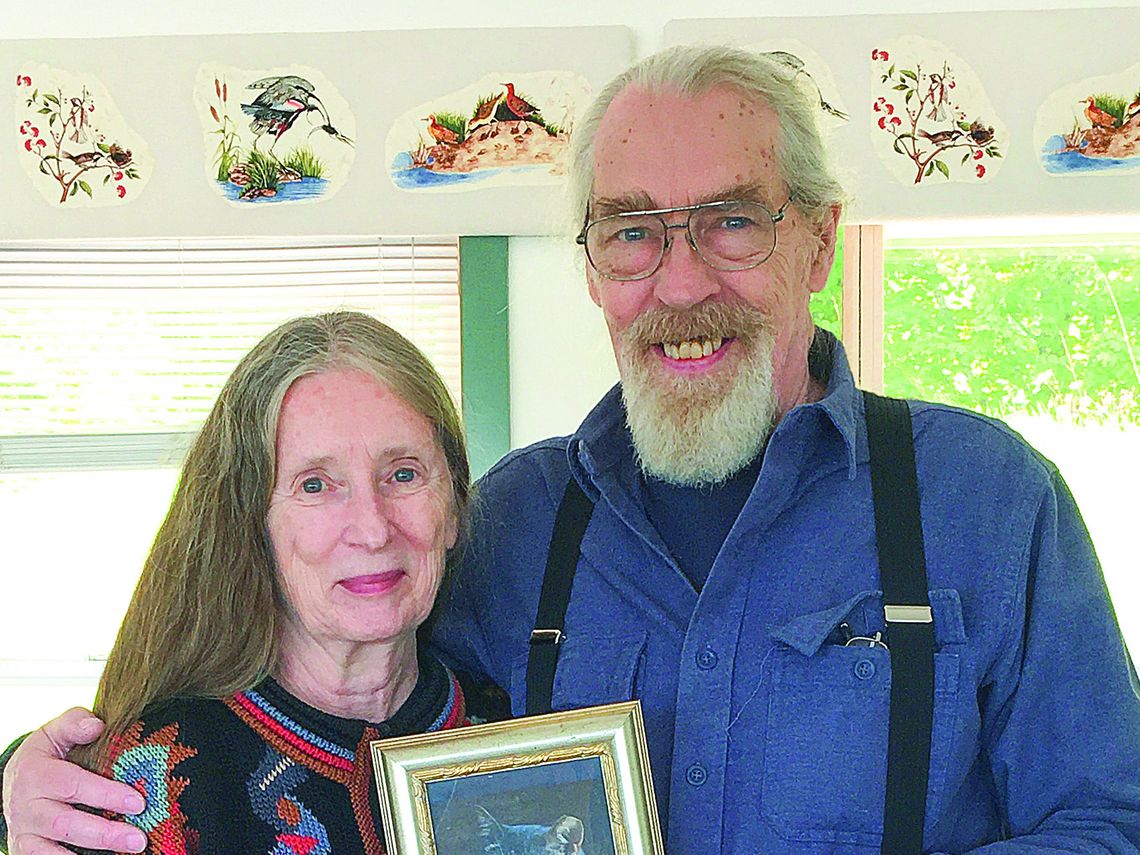Leelanau County was once a temporary stop on the line for many species of migratory songbirds, but due to the loss of suitable habitats on the peninsula, some of them are being seen more infrequently lately.
The Omena-based nonprofit Saving Birds Thru Habitat aims to improve local ecosystems, both directly through their own planting initiatives and indirectly through education, to attract birds and pollinators back.
“We’re in danger of losing migratory songbirds,” said Saving Birds President Mike Brest. “Every year, they undergo massive pilgrimages from South America for the insect population explosions in northern Michigan. Human well-being is now at risk, too. Our survival and long-term wellbeing depend on a healthy environment.”
PLEASE LOG IN FOR PREMIUM CONTENT. Our website requires visitors to log in to view the best local news.
Not yet a subscriber? Subscribe today!



